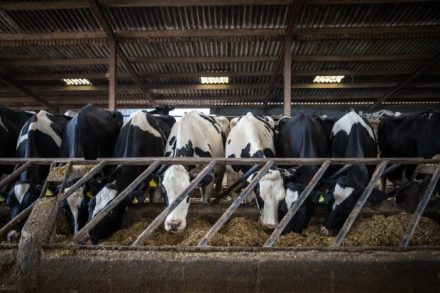Exports are booming thanks to the competitive pound
Remember George Osborne in his hi-viz jacket as he toured the nation’s metal-bashers and gromit-manufacturers in furtherance of his elusive ‘rebalancing of the economy’ away from services and consumers and towards manufacturing and exports? What a shame he is not still in office to witness his ‘march of the makers’ finally becoming a reality. This month’s Purchasing Managers’ Index (PMI) for manufacturing has come in at a healthy 55.1, comfortably exceeding expectations. Any figure above 50 suggests expansion. The index was boosted especially by a sharp rise in new export orders, which rose at their second fastest level in the 17 year history of the index. As I wrote here



















